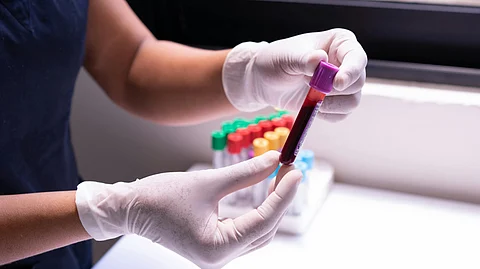The recent surge in HMPV cases in India has sparked a fearful panic among the public. This may be due to the impact of the COVID-19 outbreak in China, which continued to affect people’s perceptions. Following reports of new cases in India, the country confirms its first elderly HMPV case in Ahmedabad, Gujarat on Thursday, January 9, after an 80-year-old man tested positive.
The Ahmedabad Municipal Corporation (AMC) confirmed the case, stating that “the patient had a history of asthma and was first admitted to the hospital on Wednesday, January 8. The following day, his sample tested positive for the virus. Right now, the patient is stable, receiving treatment at a private hospital, and has no travel history abroad”, the AMC said in an official statement.


